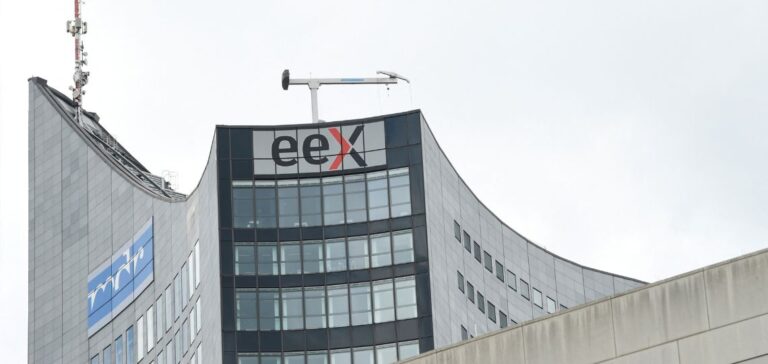Prices for European carbon permits (EUAs) recently hit a two-month high, buoyed by a significant rise in natural gas prices.
On August 2, EUAs were trading at 70.56 EUR/mtCO2e, up from 67.65 EUR/mtCO2e on July 26, according to ICE data.
Futures contracts for delivery in December were valued at 71.22 EUR/mtCO2e on August 1, marking a 5% increase on the previous session.
Impact of natural gas
This increase is mainly due to higher natural gas prices, exacerbated by low liquidity during the summer vacations and heightened geopolitical tensions in the Middle East.
Traders anticipate that this support will continue to keep EUA prices well above the psychological threshold of 65 EUR/mtCO2e in the short term.
One EU-based carbon broker commented: “I don’t think prices will return to 65 EUR/mtCO2e any time soon. But if they do, I’ll be ready to invest again. Many of my customers will do the same.” Dutch TTF’s August gas delivery contract was priced at 36.86 EUR/MWh on August 1.
Auction volumes down
Auction volumes in August are expected to total 40.3 million mt EUAs, down 9% on July, but more than double the amount auctioned in August 2023.
Commodity Insights analysts expect prices to remain in the 65-70 EUR/mtCO2e range for the third quarter.
“This is due to stable structural demand for EUAs in the power and industrial sectors,” they said.
“Increased solar capacity in Europe will continue to weigh on demand for thermal generation, particularly during the summer.”
Forecasts and outlook
Auction volumes for the last four months of the year should see a slight increase, but with no additional allocations from the REPowerEU agreement.
EU daily auction volumes between September and December 2024 have been revised to 3.2874 million mt, from 3.248 million mt previously.
The European Energy Exchange, which organizes the EUAs’ daily auctions, has also published revised auction schedules for 2024 and 2025, forecasting a total of 679,921,500 allowances auctioned in 2025.
An EU-based carbon trader commented, “I don’t think this is a big surprise for the market, and I don’t see it as a driving factor at the moment.”
UKAs situation
UK carbon permits (UKAs) remained under pressure on August 2, although prices briefly rebounded in the fourth session of the week.
UKAs were trading at GBP38.47/mtCO2e, compared with GBP39.58/mtCO2e on July 26, according to ICE data.
Analysts at Commodity Insights expect prices to fall slightly in the short term, with a rise expected towards the end of the year.
Recent trends show that, despite downward pressure, gas market dynamics and seasonal fluctuations will continue to influence European carbon permit prices.
Traders and analysts are closely monitoring market movements and adjusting their strategies accordingly, anticipating price variations based on seasonal conditions and geopolitical developments.






















